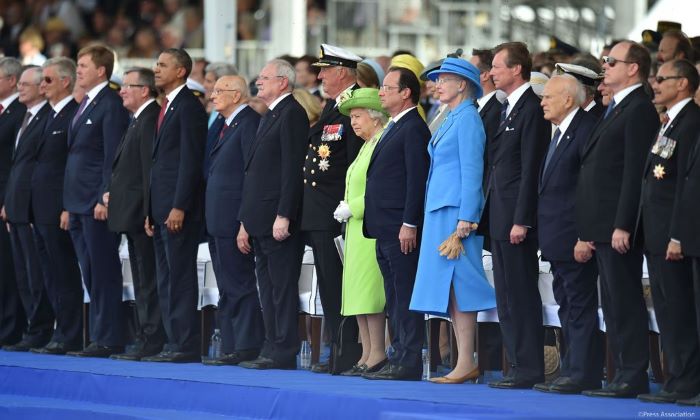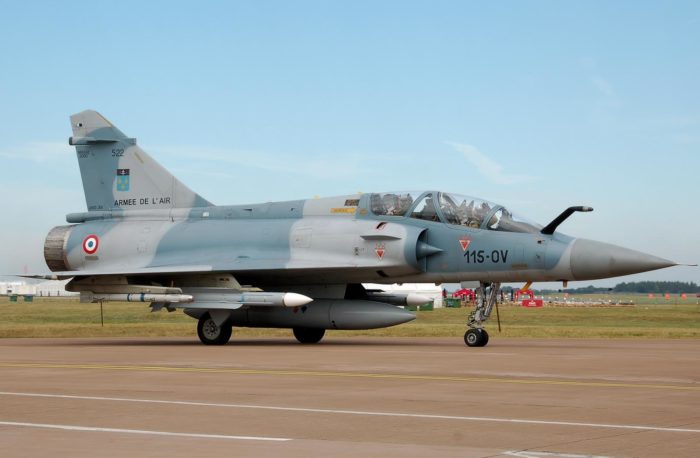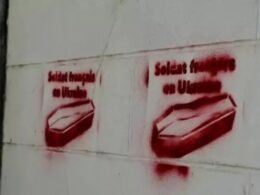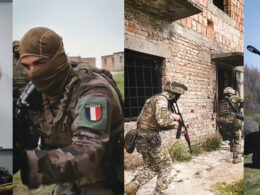Reuters reported on 30 May, citing its sources, that Russia's delegation will not be invited to the 80th anniversary commemorations of the Allied landings in Normandy on 6 June 1944.
According to Reuters, the high-ranking European diplomats said that Russia's presence is “undesirable due to its ongoing invasion of Ukraine.”
The Elysee Palace confirmed the report on the evening of 30 May. The France Presse reported, citing a comment by a representative of the Elysee Palace, that "conditions have not been met" for inviting a Russian delegation "given Russia's invasion of Ukraine and the fighting that has intensified in recent weeks."
The organizers reported in April that while Russian President Vladimir Putin's presence would be unwelcome, some Russian representatives might be invited to acknowledge the Soviet Union's contribution to World War II victory and honor fallen Soviet soldiers.
However, Reuters' sources noted that no Russian officials could attend the ceremony, which will be attended by Ukrainian President Volodymyr Zelenskyy and US President Joe Biden.
Despite the 2014 Crimea annexation and armed conflict in Donbas, Putin was invited to the 70th Normandy landings anniversary, where he informally met the then-leaders of France, Germany, and Ukraine.
The Normandy format facilitated two Minsk ceasefire deals until Russia's full-scale invasion of Ukraine in February 2022.
The Allied landings in Normandy on 6 June 1944, or D-Day, was the largest military operation against Hitler's forces, involving 156,000 troops from the armed forces of Great Britain, the United States and Canada.
As a result of the operation, a land front was opened in France (called the "Second Front" in Soviet and Russian historiography). It became one of the most significant events in the history of the victory over Nazi Germany. Russian Foreign Ministry spokeswoman Maria Zakharova claimed on 30 May that "no D-Day would have been possible without the successes achieved by the Red Army."
Read also:
- NATO seeks €40 bn annual commitment from allies for Ukraine aid, Reuters’ source says
- ISW: Russian forces prepare for second phase of offensive in Kharkiv Oblast, reinforcements arriving
- Most allies now support Ukraine striking targets in Russia; Italy and Belgium oppose, US undecided





